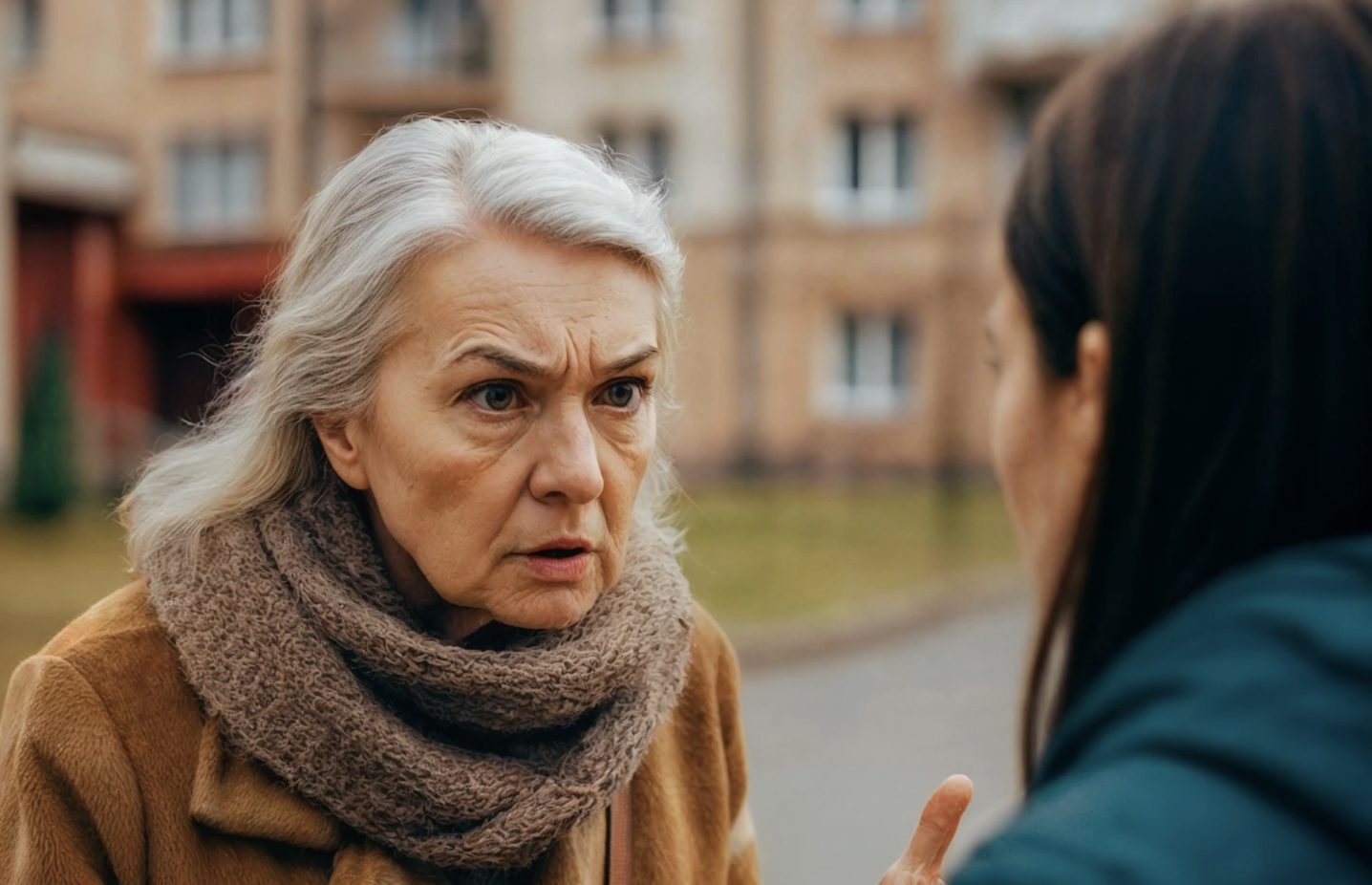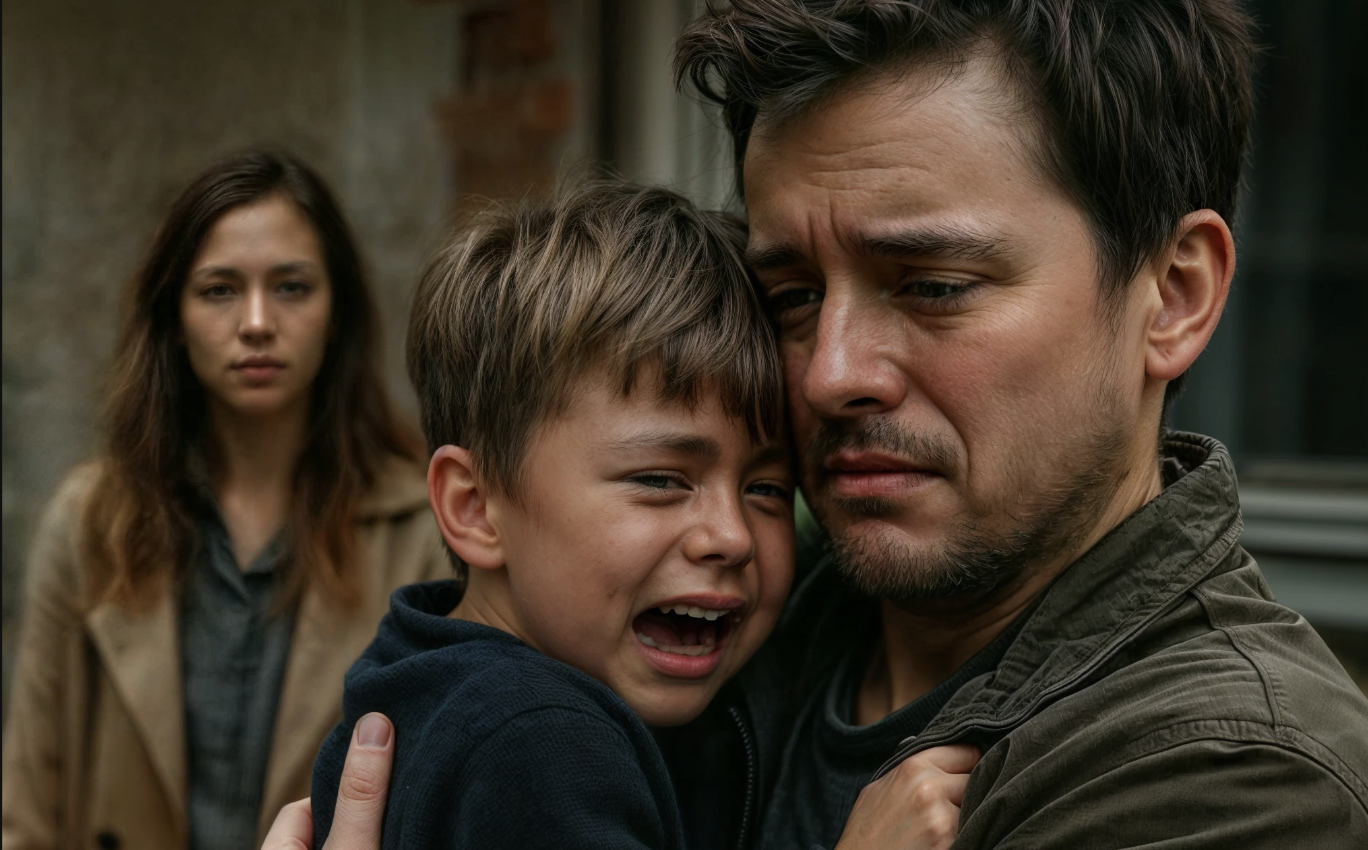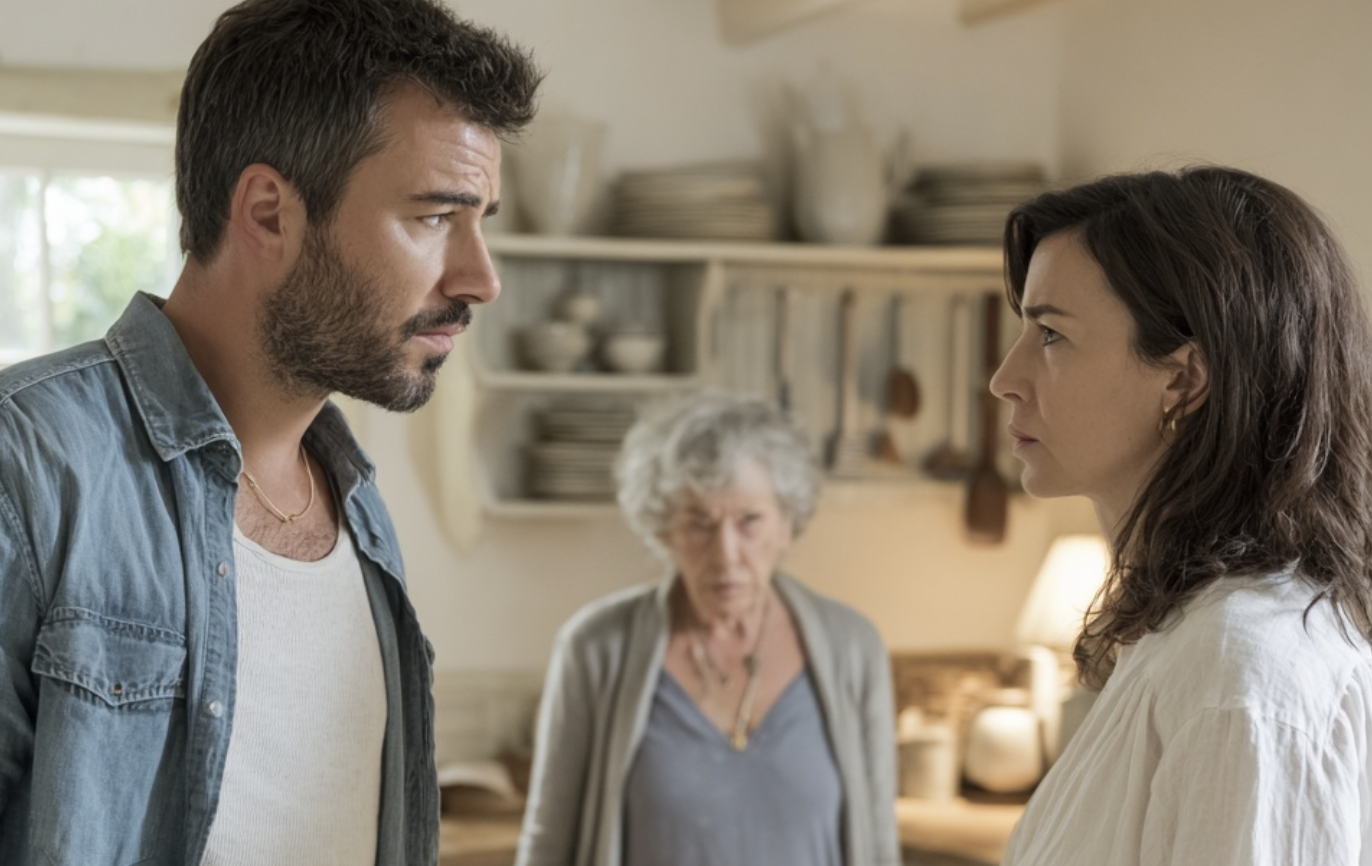— “You can’t just up and kick my son out of the house! He’s your husband, which means he’ll stay in your apartment as long as he wants
Mom, well, not so abruptly. We need to prepare… yes, I understand we can’t drag it out, but you know Ksyusha. You can’t just swing the axe with her—you have to be careful, gradually…” Ksenia froze in the hallway, the key still not fully turned in the lock. Dima’s voice—her husband’s—came from the bedroom, muffled … Read more









